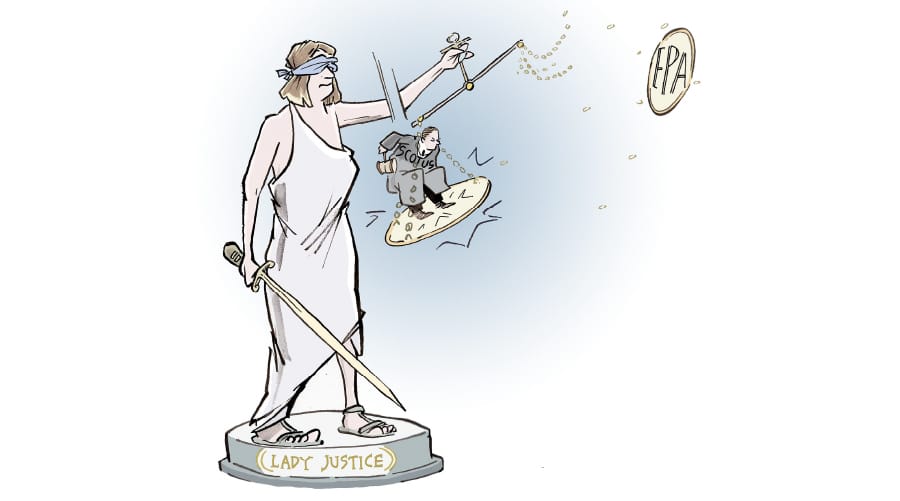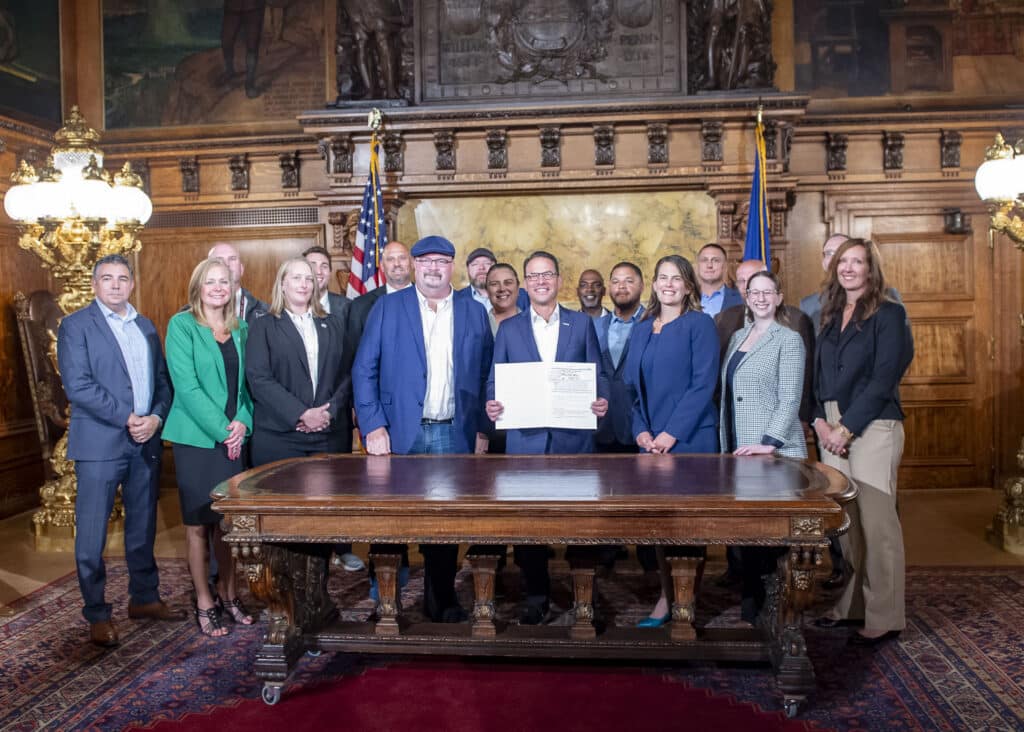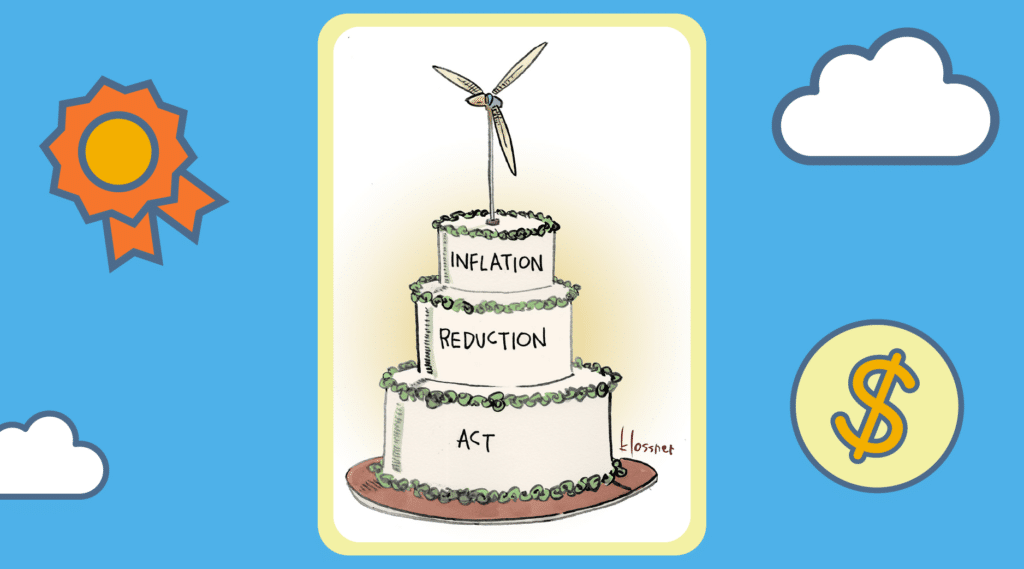The U.S. Supreme Court recently ruled in favor of polluters when they sided against recognizing the U.S. EPA’s legal authority to regulate carbon dioxide.
This ruling was a major blow to the planet and makes it harder to fight climate change. In West Virginia v. Environmental Protection Agency (EPA), the conservative 6-3 majority of the Supreme Court limited the EPA’s ability to regulate carbon emissions in the power sector. They argued that under the Clean Power Plan, the EPA had exceeded congressional authority by pushing utilities to move towards clean energy and away from fossil fuel power generation.
So, what’s next?
Where do we go from here knowing we have limited time to act on climate to prevent the worst from happening? How do we do this work while maintaining hope that what many of us are fighting for will one day become a reality? And what does all of this mean for you?
For answers, we looked to a few of the leaders we trust who have been in the climate and justice fight for a long time.
Here is what they had to say:
“The decision will have far-reaching implications and will compromise the ability of federal agencies to use science-based information to combat climate change and protect public health. But this decision still leaves room for the EPA to act on its duty to take on carbon pollution from power plants. We will continue to fight back — our lives and our planet depend on it.” – Earthjustice Senior Vice President, Sambhav Sankar
While global air pollution affects everyone on earth, it does not affect everyone equally. Unfortunately, we know that most Americans live with unsafe air pollution levels. Communities of color are far more likely to live in areas with higher rates of air pollution, toxic waste facilities, and landfills, and those communities are fighting for environmental justice.
“Of all regions of the country, the South has the most to lose from unchecked climate change. And the most to gain from an economy that relies on clean energy. Our environment is only as clean as the regulations that protect it. Today’s decision is devastating for the South and for the country, and should heighten the urgency for localities, states, and for us all to take action for climate solutions.” – Senior Attorney Frank Rambo, Leader of Southern Environmental Law Center’s Clean Energy and Air Program
This decision is part of an even broader radical, conservative-led effort to weaken the government’s ability to regulate anything. Despite this decision, we must continue to hold polluters accountable and fight to protect our rights for a clean and just planet.
“Moms across the country call on EPA to act with urgency and speed to get limits of fossil-fuels power plants — and cars and trucks, oil and gas development, and industrial sources — on the books. EPA must remain true to its mission, to protect human health and the environment.” – Dominique Browning, Vice President, EDF; Director and Co-Founder Moms Clean Air Force
Many utilities have been closing coal plants over the past decade since cleaner forms of energy are the wiser economical choice, like solar farms and wind turbines. Yet, companies in the coal business and the trade group America’s Power, which led the court case against the EPA, wield their power to protect fossil fuel interests.
“Decisions like WV vs. EPA make it clear just how much the system is rigged against us. A Supreme Court that sides with the fossil fuel industry over the health and safety of its people is anti-life and illegitimate. As we figure out what this means for us, Biden must expand the court and use all of his executive authority to justly transition our country to 100% renewable energy.” – Sunrise Movement
Even with the EPA’s restricted ability to set limits on greenhouse gas emissions, there is still plenty we can do to reverse the current climate trajectory.
“The ruling recognizes the EPA’s authority to limit the carbon pollution from the nation’s power plants, while narrowing the agency’s options for doing so. This leaves the EPA in the climate fight but makes it harder to win it. Under the Court’s decision, the EPA can still write standards that require these plants to operate more cleanly. Nearly eight in ten Americans—78 percent—support such limits. It’s time for the EPA to use the full extent of its lawful authority to cut this pollution.” – Manish Bapna, President of the Natural Resources Defense Council
Millions of people and the majority of the country are aligned to fight for a healthy planet; check out how you can have an impact by channeling your anger or anxiety into action. Stay well, and stay safe. We have a long fight ahead—but together, we’ve got this.















